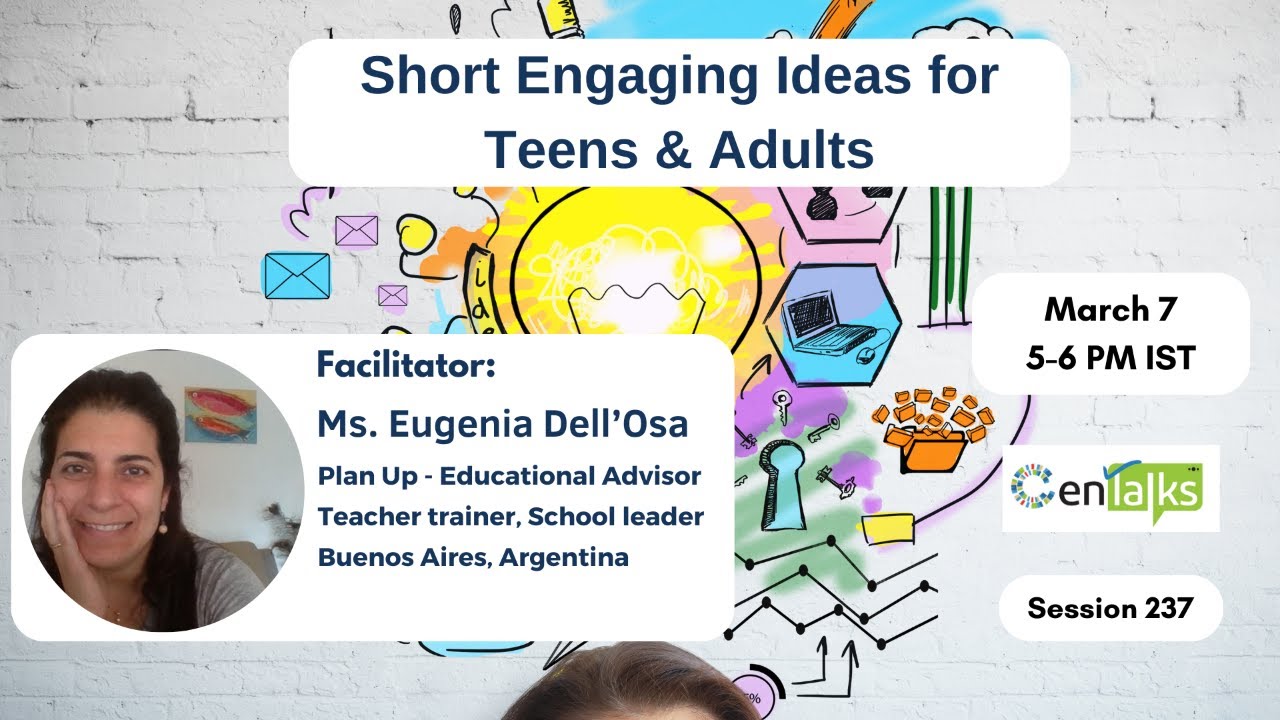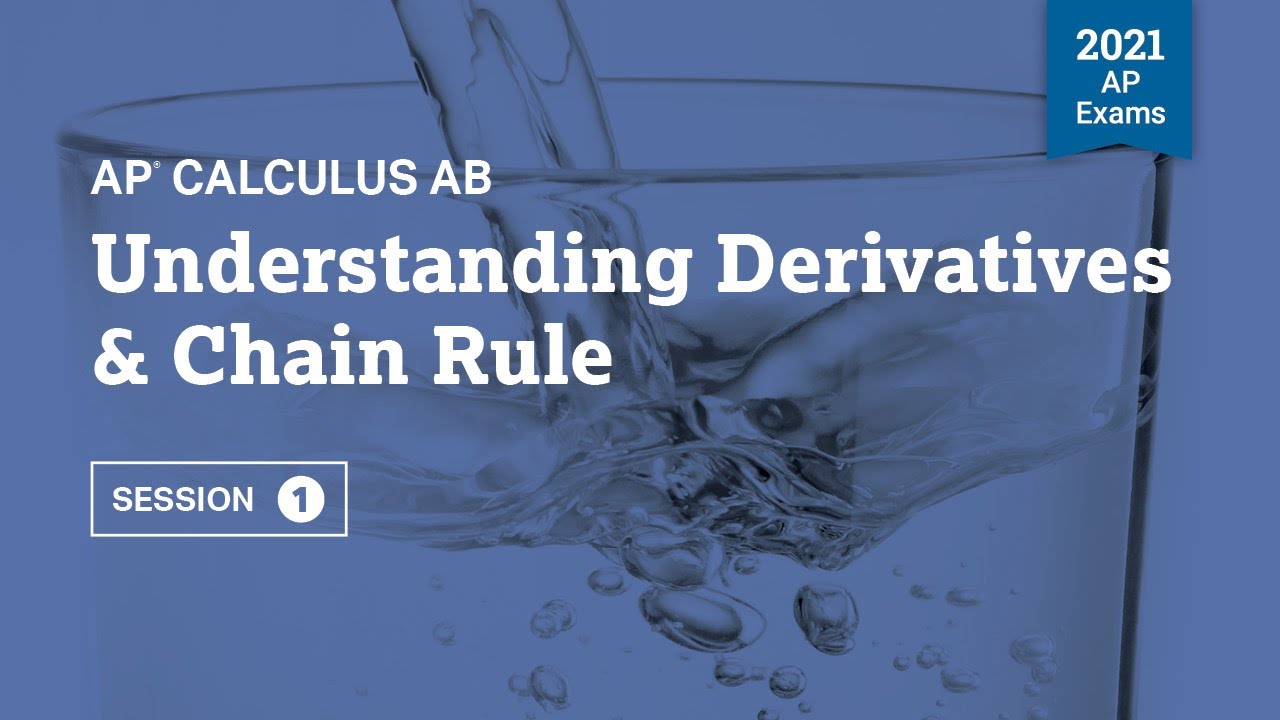How to conduct a PERFECT first lesson with students that hooks them in every time
TLDRIn this video, Lisa emphasizes the importance of delivering an exceptional first tutoring session to ensure student retention and build a sustainable tutoring business. She shares the PIP method, focusing on pre-session preparation, in-session engagement, and post-session follow-up. Key strategies include a pre-session call to establish rapport, clear expectations, and boundaries, engaging students by focusing on their needs, showcasing teaching skills, and actively seeking feedback. Post-session, she advises prompt follow-up to schedule future lessons and providing additional resources to enhance the tutoring experience.
Takeaways
- 🌟 Hosting a great first lesson is essential to impress students and ensure their return for future sessions, contributing to a sustainable tutoring business.
- 📞 Conduct a brief pre-lesson call with the student or parent to build rapport, alleviate anxiety, and gather important information for the session.
- 📅 Be specific about meeting details like date, time, and location during the pre-lesson call to avoid any confusion.
- 💻 If the lesson is online, ensure a tech check is done to troubleshoot any potential issues before the session starts.
- 🎯 Gather information on the student's academic performance, goals, and desired focus for the first lesson.
- 💰 Clarify your pricing structure and payment methods with the student or parent before the lesson.
- 📝 Consider using a contract to outline expectations, boundaries, and the level of support provided during and outside of tutoring sessions.
- 🥇 Focus on building rapport and establishing a connection with the student during the first session to increase the likelihood of their return.
- 🔍 During the session, review the student's work or discuss their academic dreams to focus on their needs and goals.
- 🌈 Showcase your unique teaching style and personality to stand out as a tutor and make the session enjoyable for the student.
- ❓ Allocate time for questions and ensure the student fully understands the material to enhance their learning experience.
- 📈 End the session by gathering feedback and proactively discussing the next steps to secure continued tutoring engagements.
Q & A
Why is hosting a good first lesson crucial for a tutor's business?
-Hosting a good first lesson is crucial because it sets the tone for the student's experience and helps ensure they continue with the tutor, contributing to a sustainable and scalable business.
What is the recommended way to get to know a new student before the first lesson?
-A quick call with the student, ranging from 5 to 15 minutes, is recommended to nurture the customer relationship, get to know them, and alleviate any anxiety around the first session.
Why is a phone call more effective than email or text for initial communication with a student?
-Phone calls are more effective because they allow for immediate information exchange, showcase the tutor's personality and professionalism, and prevent miscommunications that can occur with emails or texts.
What are the key details to exchange with a student before the first lesson?
-Key details include the exact day, date, time, and location of the meeting, the tutor's appearance, and if meeting online, the software to be used and a potential tech check.
How does a tutor establish rapport with a student during the first session?
-A tutor establishes rapport by spending time getting to know the student, showing genuine interest in their goals and experiences, and making the session enjoyable and engaging.
What should a tutor do to ensure the first session is effective and memorable?
-A tutor should focus on the student's needs, review their work or discuss their goals, showcase their unique teaching skills, and allocate time for questions and feedback.
Why is it important for a tutor to set boundaries with their students?
-Setting boundaries is important to prevent students from expecting excessive support outside of tutoring sessions, which can lead to the tutor's time being over-utilized and the business model becoming unsustainable.
What should a tutor do after the first lesson to ensure student retention?
-A tutor should follow up with the student to arrange the next session, send any promised additional resources, and gather feedback to improve their teaching methods.
What is the PIP method mentioned in the script and how does it enhance a tutor's first session?
-The PIP method stands for Pre, In, and Post your session. It involves preparing before the lesson, engaging during the lesson, and following up after the first lesson to ensure student retention and continuous improvement.
How can a tutor showcase their unique teaching style during the first session?
-A tutor can showcase their unique teaching style by focusing on what makes their teaching special, such as a particular method of explanation, a friendly personality, or a humorous approach to make the subject more enjoyable.
What is the benefit of sending additional resources to a student after the first lesson?
-Sending additional resources after the first lesson demonstrates the tutor's reliability and investment in the student's learning, adding value to the tutoring session and encouraging the student to continue with the tutor.
Outlines
📚 The Importance of a Strong First Lesson
This paragraph emphasizes the critical nature of the first tutoring session in retaining students and building a sustainable tutoring business. It highlights the need to 'wow' students from the start to ensure they continue with the tutor. The speaker, Lisa, shares her experience as a successful tutor and business owner, and introduces her approach to creating a positive customer experience that spans before, during, and after the first lesson. She also mentions her private tutoring company and her achievements in the field.
📞 Pre-Lesson Communication for Building Rapport
In this section, Lisa recommends conducting a brief pre-lesson call with the student or parent to build rapport and alleviate anxiety. She advises against using emails or texts due to potential miscommunication and recommends a phone call to showcase personality and professionalism. During the call, it's important to exchange necessary information like meeting time, location, and expectations. Lisa also touches on the importance of sales calls for securing students and introduces her coaching services for those interested in learning more.
🤝 Establishing Expectations and Gathering Information
This paragraph discusses the importance of setting clear expectations and gathering information about the student's academic performance, goals, and preferences for the tutoring session. It covers topics such as pricing, payment methods, and the option of using contracts to outline expectations and boundaries. Lisa shares her personal experiences and the lessons learned from them, emphasizing the need for tutors to establish and communicate their boundaries to avoid overextending support outside of the sessions.
🎓 Delivering an Engaging and Effective First Lesson
Lisa outlines strategies for conducting an engaging and effective first tutoring session. She advises tutors to build rapport, set expectations, focus on the student's needs, and showcase their unique tutoring skills. The session should be interactive, with time allocated for questions and feedback. Lisa also stresses the importance of following up after the first lesson to ensure continued engagement and to solidify the student-tutor relationship.
🚀 Growing Your Tutoring Business with the PIP Method
In the final paragraph, Lisa introduces her PIP Method (Pre, In, Post your session) as a comprehensive approach to tutoring that ensures student retention. She explains how the method covers the entire process from before the first lesson to after, aiming to hook students in every time. Lisa also promotes her coaching program, which provides detailed guidance on implementing the PIP Method and growing a tutoring business. She invites interested viewers to learn more about her program and expresses gratitude for the audience's engagement with her content.
Mindmap
Keywords
💡Customer Experience
💡First Lesson
💡Rapport Building
💡Expectations and Boundaries
💡Sales Call
💡Pre-Lesson Call
💡Tutoring Strategies
💡Follow-Up
💡PIP Method
💡Tutoring Business
💡Master Your Tutoring Game Plan
Highlights
Hosting a good first lesson is crucial for sustaining and scaling a tutoring business.
A quick call before the first lesson helps to nurture the customer relationship and alleviate anxiety.
Phone calls are recommended over emails for their efficiency and ability to showcase personality and professionalism.
During the call, exchange essential information like meeting time, location, and expectations.
Gathering information on the student's goals and current academic performance is vital for tailoring the first lesson.
Discuss pricing and payment methods clearly to avoid misunderstandings.
Using contracts can set clear expectations and boundaries from the beginning of the tutor-student relationship.
Establishing rapport and building a connection with the student enhances the likelihood of continued tutoring sessions.
Setting expectations during the first lesson reinforces the tutor's boundaries and ensures the student is on the same page.
Focusing on the student's work and dreams during the first session helps to personalize the tutoring experience.
Showcasing unique teaching skills and personality during the first lesson helps to stand out as a tutor.
Allowing time for questions ensures the student leaves the first session feeling confident and well-informed.
Collecting feedback after the first session is crucial for improving as a tutor and understanding the student's experience.
Following up after the first session with a student is key to providing excellent customer service and ensuring return engagements.
Providing additional resources after the session adds value and demonstrates the tutor's commitment to the student's learning.
The PIP method (Pre, In, Post your session) is a strategy for hooking students in with the first lesson and ensuring their return.
Transcripts
Browse More Related Video

The DOs and DONTs of Peer Tutoring

7 | FRQ (LEQ) | Practice Sessions | AP World History

Webinar - 237 - Short Engaging Ideas for Teens & Adults

2021 Live Review 1 | AP Calculus AB | Understanding Derivatives & Chain Rule

Implicit Differentiation for AP Calculus

2021 Live Review 5 | AP World History | Cultural Developments & Social Organizations
5.0 / 5 (0 votes)
Thanks for rating: